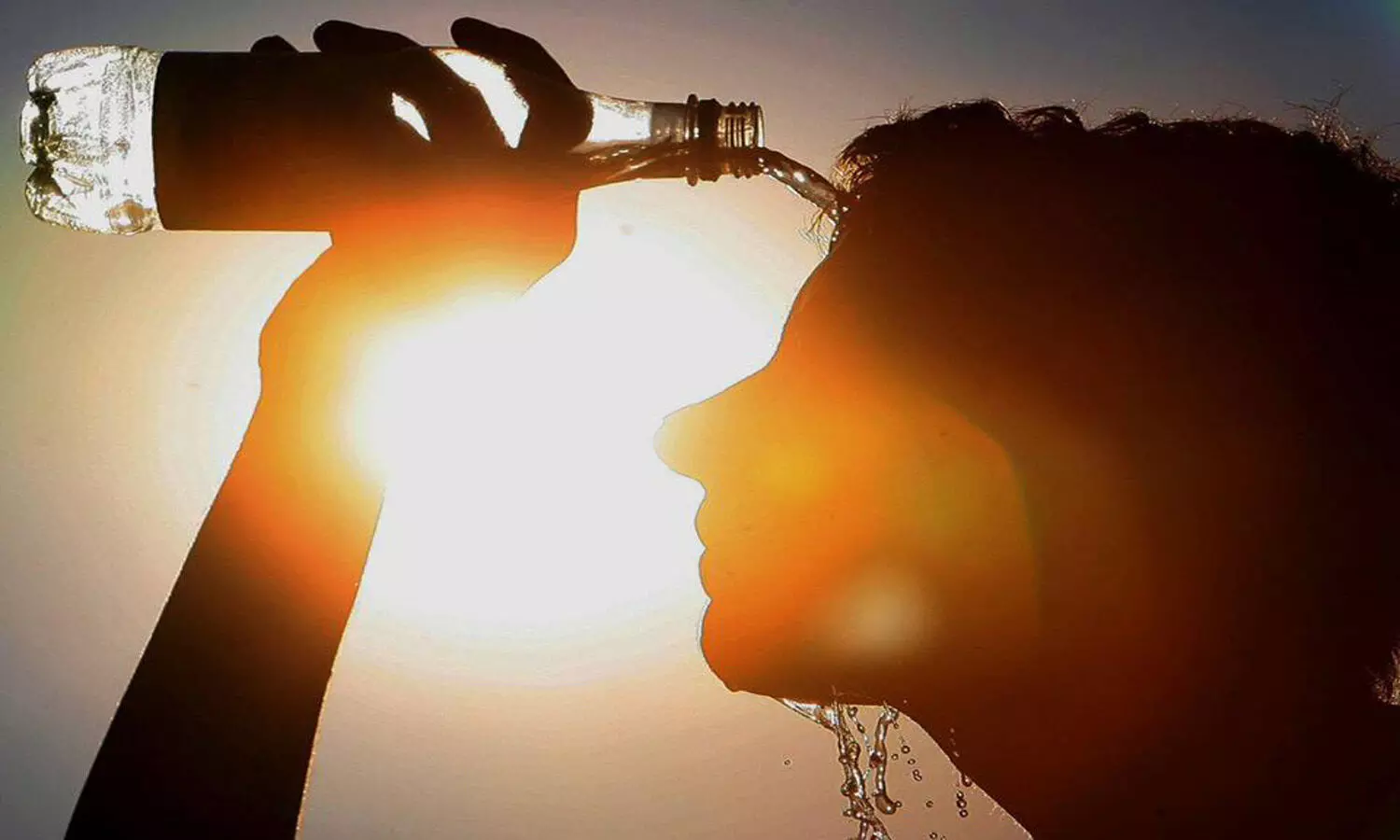TRENDING TAGS :
Scorching Summers: Why India Faces More Heatwaves (And What We Can Do)
India is bracing for harsher summers with more frequent and intense heatwaves.
Heatwave 2024
India, known for its vibrant culture and diverse landscapes, is also grappling with a growing concern - intensifying heatwaves. Summer months bring scorching temperatures, but recent years have seen a rise in the frequency and severity of heatwaves, posing significant health risks and disrupting daily life. Is climate change the culprit behind this scorching trend?
Climate Change and Rising Temperatures:
Experts overwhelmingly agree that climate change is a major factor contributing to India's heatwave woes. The accumulation of greenhouse gases in the atmosphere traps heat, leading to a rise in global temperatures. India, a geographically vulnerable region, experiences this rise more acutely.
The Domino Effect of Heatwaves:
Heatwaves not only cause discomfort but also trigger a cascade of negative consequences:
Health Risks: Extreme heat can lead to heatstroke, dehydration, and exacerbate pre-existing medical conditions, particularly for vulnerable populations like children and the elderly.
Water Scarcity: Heatwaves increase water evaporation, putting pressure on water resources already strained in many parts of India.
Agricultural Impact: Excessive heat harms crops and livestock, affecting food security and livelihoods.
Energy Issues: Rising temperatures lead to a surge in demand for electricity for cooling, straining power grids.
Best Summer Gadgets You Must Have to Feel Cool in Summers- Check Prices Here
Adapting and Mitigating the Heat:
While the long-term solution lies in addressing climate change globally, India can implement strategies to adapt and mitigate the impact of heatwaves:
Heat Action Plans: Developing and implementing heat action plans at city and state levels can help communities prepare for and respond to heatwaves more effectively.
Urban Planning for Heat: Promoting green spaces, incorporating heat-reflective materials in buildings, and encouraging walkable cities can all help reduce urban heat island effects.
Water Conservation: Promoting water conservation practices and ensuring efficient water management are crucial during times of scarcity.
Shifting Agricultural Practices: Adopting drought-resistant crops and water-saving irrigation techniques can help farmers adapt to changing weather patterns.
Investing in Renewable Energy: Transitioning to renewable energy sources can reduce dependence on fossil fuels and decrease greenhouse gas emissions.
Individual Actions Matter:
While large-scale solutions take time, individuals can also contribute to mitigating heatwaves:
Stay Hydrated: Drinking plenty of water throughout the day is crucial to prevent dehydration.
Limit Outdoor Activity: Avoid strenuous activity during peak heat hours.
Wear Protective Clothing: Opt for loose-fitting, light-colored clothing and wear sunscreen when outdoors.
Conserve Energy: Use air conditioners efficiently and adopt energy-saving practices at home.
Best Summer Gadgets You Must Have to Feel Cool in Summers- Check Prices Here
Combating heatwaves requires a multi-pronged approach. By investing in long-term climate solutions, adapting urban infrastructure, and adopting water-saving practices, India can build resilience against this scorching threat. Individual actions, coupled with larger initiatives, can pave the way for a cooler and healthier future for all.



